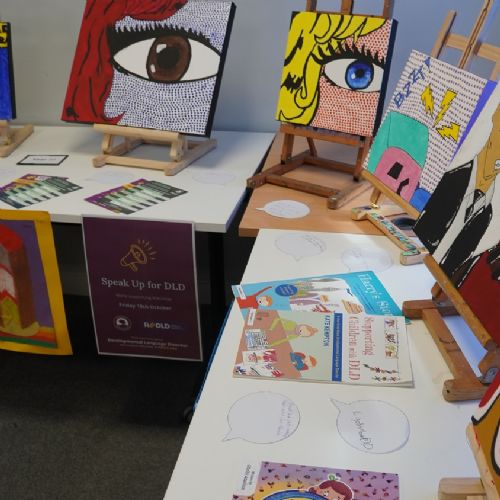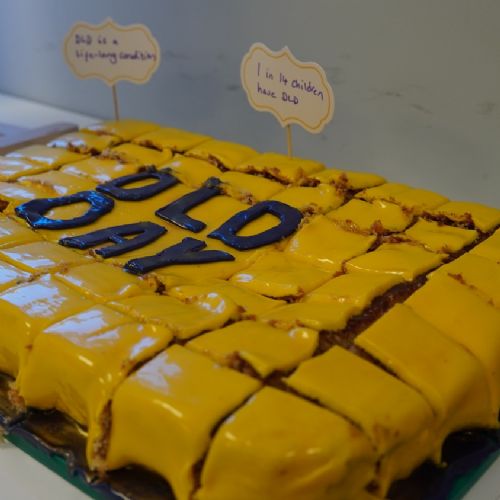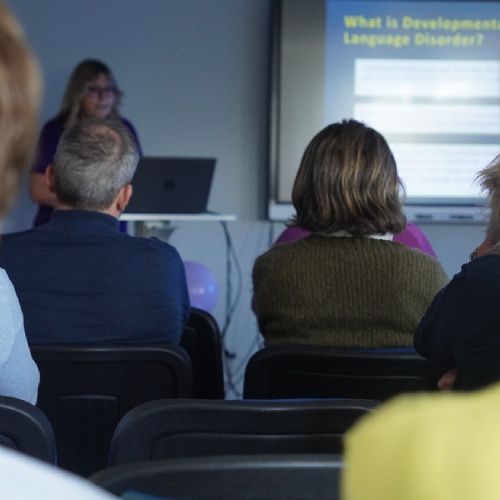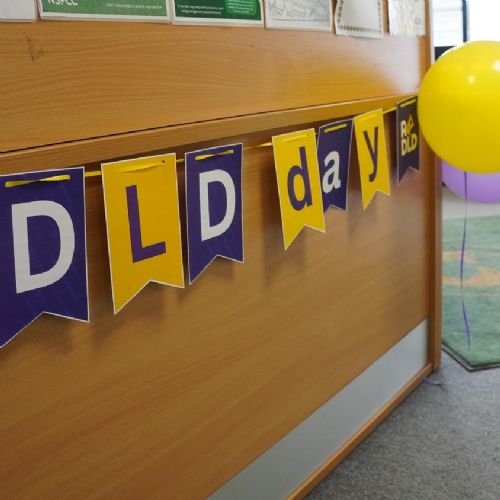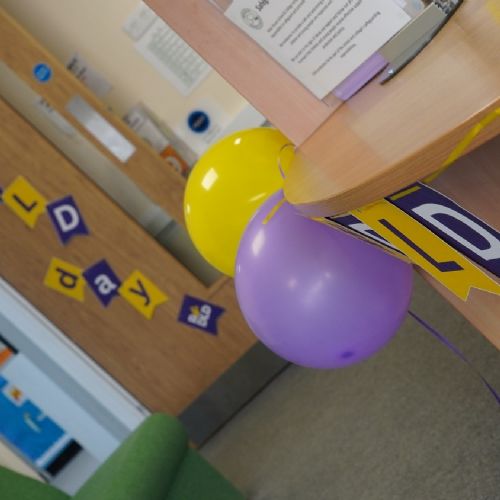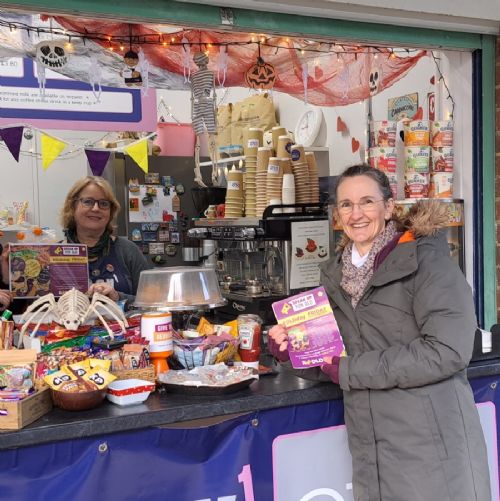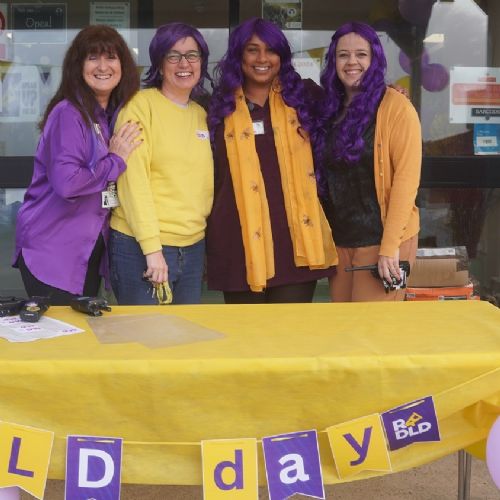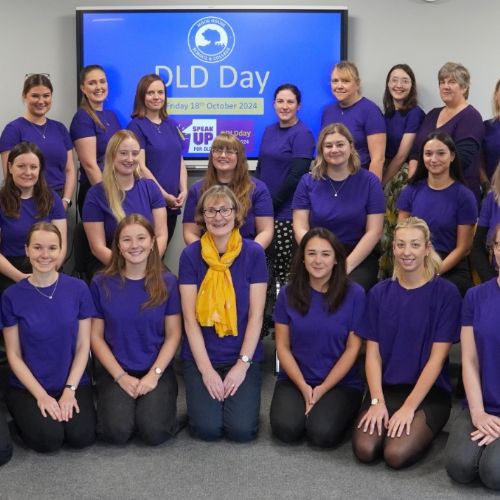Speaking up for DLD
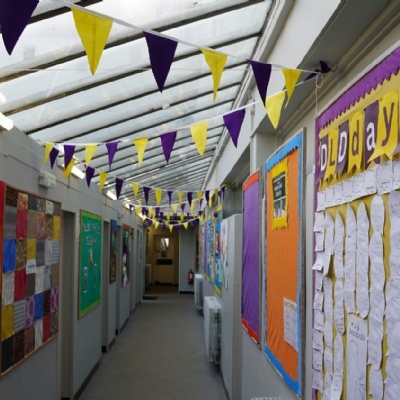
Students, staff and parents and carers at Moor House have been Speaking up for DLD on Developmental Language Disorder (DLD) Day today, Friday 18th October 2024.
DLD is a hidden but common disability that affects 2 children in every class of 30, causing difficulties understanding and using language for no known reason.
Since it opened in 1947, Moor House has led the way in teaching and therapy methods for children with speech and language disorders, including DLD, with students making outstanding progress due to the life-changing and research informed education and therapy on offer. Through the work of our Research and Training Institute, we continue to be at the forefront of global research and training, taking the benefits of our work out more widely through published research, training and resources for professionals.
Now in its eighth year, #DLDday, coordinated by RADLD (Raising Awareness of Developmental Language Disorder), is celebrated across the world.
This year’s theme is ‘Speak up for DLD’, and so the Moor House community has come together to do just that.
In a special Podcast, some of our amazing students spoke up for DLD, with insights from two DLD experts, Sue Marr and Dr Susan Ebbels, based at the Moor House Research and Training Institute.
Other activities to speak up and raise awareness have included:
- Some incredible student displays and artwork
- Themed classroom activities and assemblies
- A special DLD parent workshop
- Sharing DLD information with our local community at Hurst Green Station
- Decorations around the school and a non-uniform day, with staff and students wearing the RADLD colours, purple and yellow
Moor House Research and Training Institute Director Dr Susan Ebbels says: “It’s been wonderful to see and hear our young people at Moor House speak up for DLD, and their enthusiasm to raise awareness is really inspirational.
“DLD is a condition as common as dyslexia and ADHD, and more common than autism, yet awareness of it falls well below those other conditions.
“In our society, language underlines almost all our interactions, so it’s crucial that people know about DLD, as 1 in 14 people we meet are likely to have it.”

